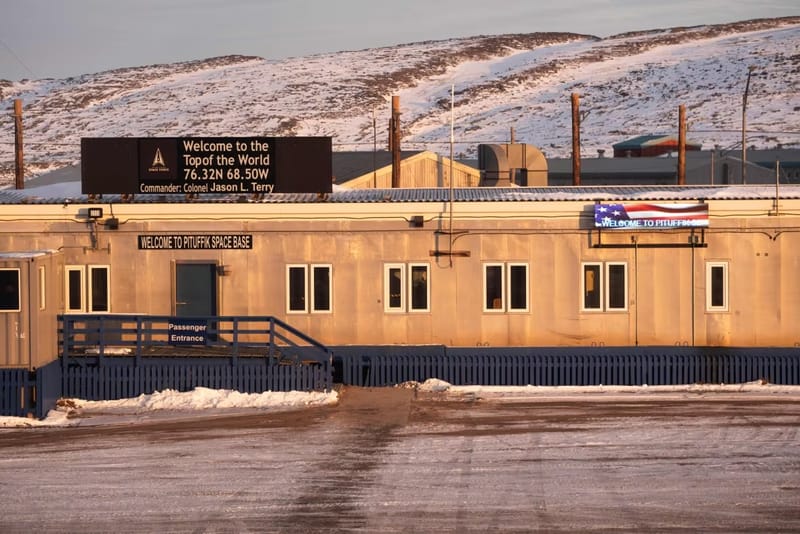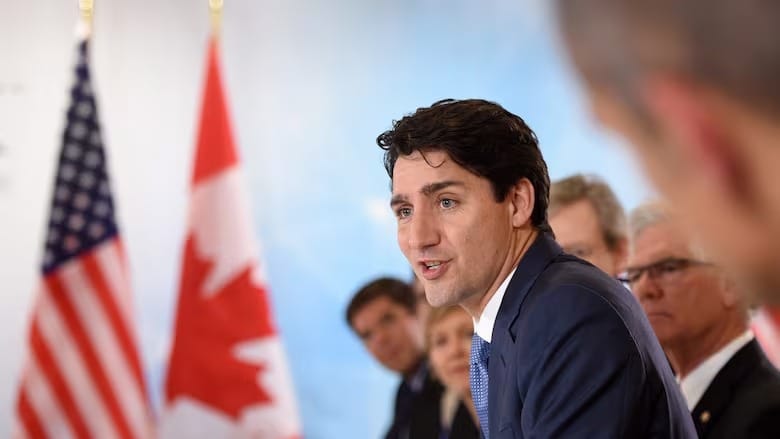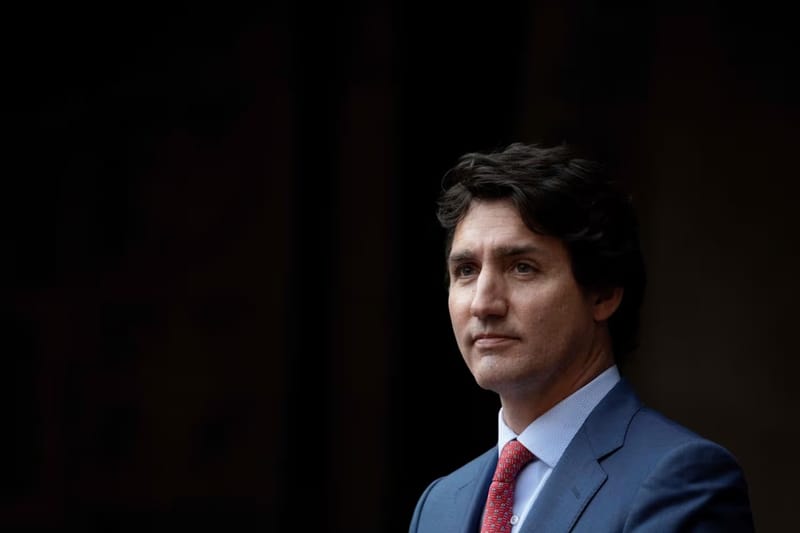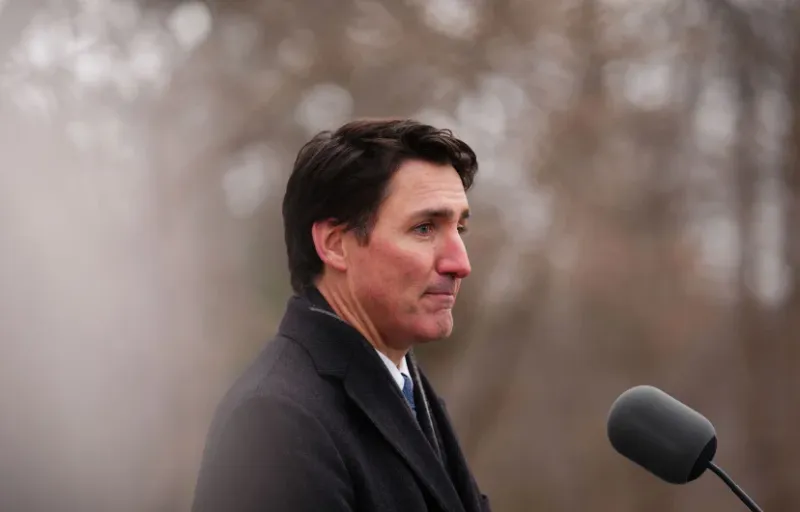What will Canada's second Trudeau era leave behind?
When historians examine his time as prime minister, there will be much to consider
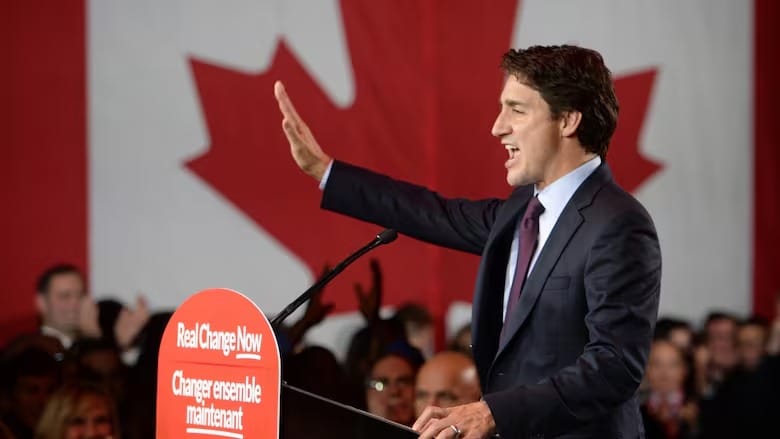
In December 2022, Justin Trudeau reflected on his tenure as Prime Minister and shared thoughts on his legacy. Speaking from his office, he acknowledged "unfinished business" and expressed a desire to solidify Canada’s identity as an "open, progressive, confident democracy." While dismissing expectations of grand legacies akin to multiculturalism or the Charter of Rights and Freedoms, he described his impact as akin to a teacher setting up processes for future growth.
Trudeau's time as Canada’s 23rd Prime Minister is nearing its end, prompting discussions about his achievements and challenges. His rise to prominence began in 2012 when he announced his candidacy for Liberal Party leadership amidst doubts about his experience. Despite skepticism, Trudeau led his party to a sweeping victory in 2015, championing "sunny ways" and ambitious promises. During his nearly nine-and-a-half-year tenure, Trudeau became a prominent figure internationally, with his progressive policies drawing both acclaim and criticism.
Milestones of the Trudeau Government
Under his leadership, Canada resettled nearly 45,000 Syrian refugees, legalized marijuana, reformed the Senate, introduced a carbon tax, and expanded access to supervised consumption sites for drug users. The Canada Child Benefit reduced poverty significantly, while federal investments in childcare and dental care provided essential support for families. Efforts to combat climate change included reducing greenhouse gas emissions and transitioning toward a clean economy.
The Trudeau government also focused on reconciliation with Indigenous communities through funding, legislative changes, and historical grievance resolutions. Gender equality was prioritized with the first gender-balanced cabinet, an Indigenous Governor General, and an Indigenous Supreme Court justice.
However, several promises, such as electoral reform and pharmacare, remain unfulfilled. Critics argue the government could have done more on reconciliation and climate action.
Challenges and Controversies
Trudeau’s tenure faced significant hurdles, including the COVID-19 pandemic and the rise of populism in global politics. While Canada navigated these crises relatively well, controversies such as the SNC-Lavalin affair and the WE Charity scandal marred his government. His administration also faced criticism over housing affordability, inflation, and tensions with provincial governments.
The national mood shifted dramatically in recent years, with public frustration growing over economic concerns and perceived shortcomings. Despite significant achievements, Trudeau struggled to regain public trust, and his party's support waned.
The Future of Trudeau’s Vision
Trudeau emphasized progressive ideals, including reducing inequality, embracing diversity, and combating climate change. His legacy will likely be debated in terms of how these principles influence future governments. As Canada prepares for new leadership, questions remain about which aspects of Trudeau's policies will endure and how his tenure will shape the country’s path forward.
The coming months will reveal how Trudeau’s leadership is ultimately assessed, both in terms of his immediate impact and his broader contributions to Canada’s political and social fabric.


